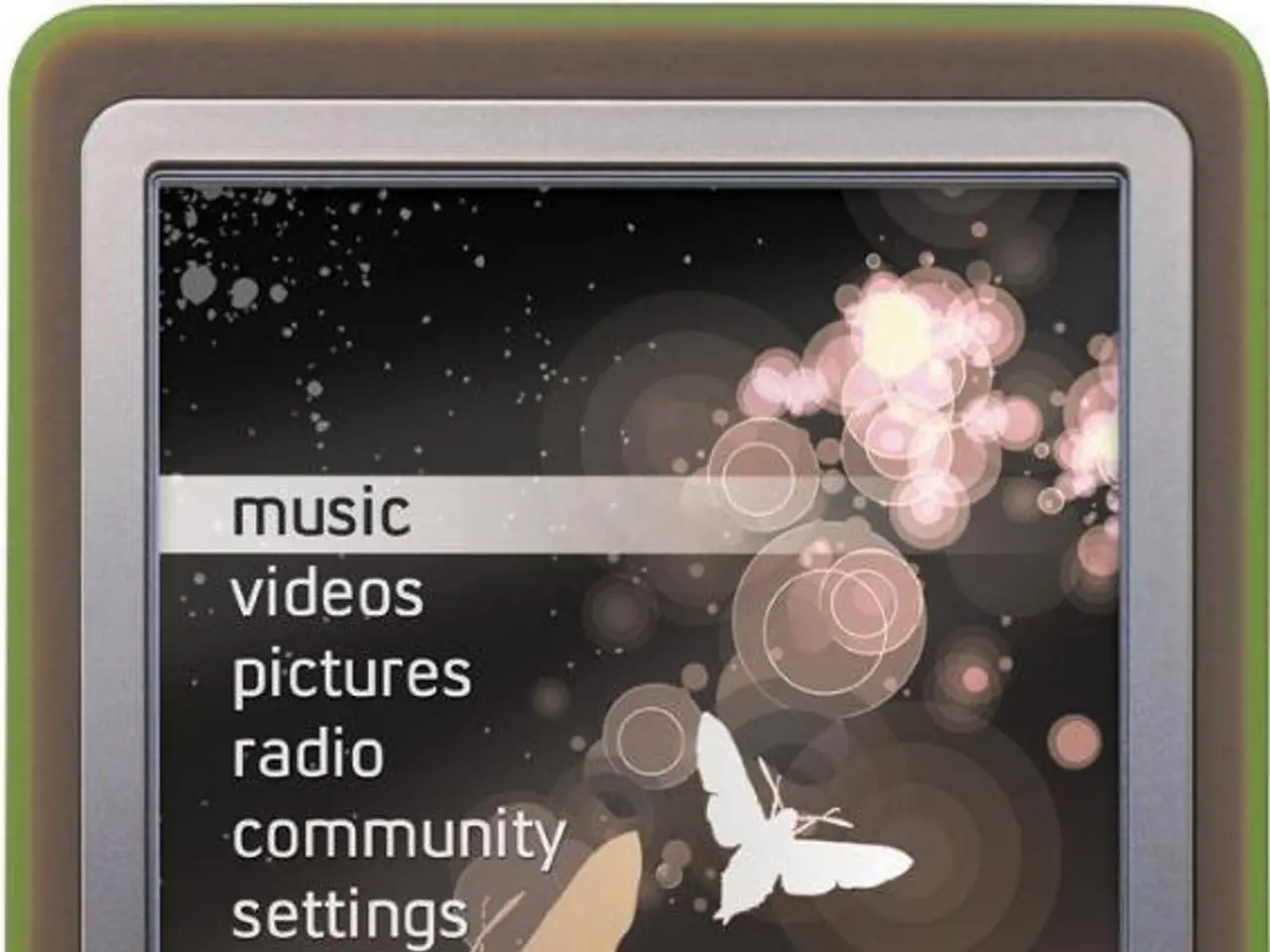AI-generated songs are now being integrated onto the playlists of artists who have passed away, by Spotify.
In the realm of digital music streaming, Spotify has found itself at the centre of a controversial issue regarding the release of AI-generated songs by deceased artists. Here's a breakdown of the situation and its implications.
Recently, AI-generated songs have been uploaded to the official pages of artists like Blaze Foley and Guy Clark, without the consent of their estates or record labels. These tracks, which slipped past Spotify's content verification processes due to their similarity to real tracks and the inclusion of copyright tags, were swiftly removed by Spotify after being flagged for violating its "Deceptive Content policy."
The practice has raised concerns about security flaws and ethical considerations, as it can misleadingly attribute work to deceased artists and potentially harm their legacy. Advocates are calling for Spotify to implement better security measures to prevent such uploads, emphasizing the need for more robust systems to protect artists' identities and estates.
The platforms involved, such as SoundOn, have been blamed for the initial issue, with Spotify stating that these platforms should adhere to stricter guidelines to ensure the authenticity of the content they upload.
As the situation unfolds, Spotify may need to adjust its policies to better handle AI-generated content, distinguishing between creative uses and deceptive practices. Closer collaboration with the estates of deceased artists could help ensure that any AI-generated content is authorized and respectful of the artists' work.
A representative of one of the deceased artists expressed surprise about the lack of prevention by Spotify regarding the release of these AI-generated songs, underscoring the need for transparency and respect in the handling of such sensitive content.
The future steps in this evolving scenario will be crucial in restoring trust and ensuring the protection of artists' legacies. As technology continues to advance, it is essential that platforms like Spotify adapt their policies and practices to keep pace, maintaining a balance between innovation and respect for the creative work of those who have passed away.
The emergence of AI-generated songs on artists' official pages has sparked debates about the necessity of improving artificial-intelligence technology, particularly in the realm of digital music streaming, to prevent such incidents in the future. The implementation of stronger security measures is essential to protect culture, such as the work of deceased artists, from being misattributed or exploited by AI, thus preserving the integrity of their legacy.




